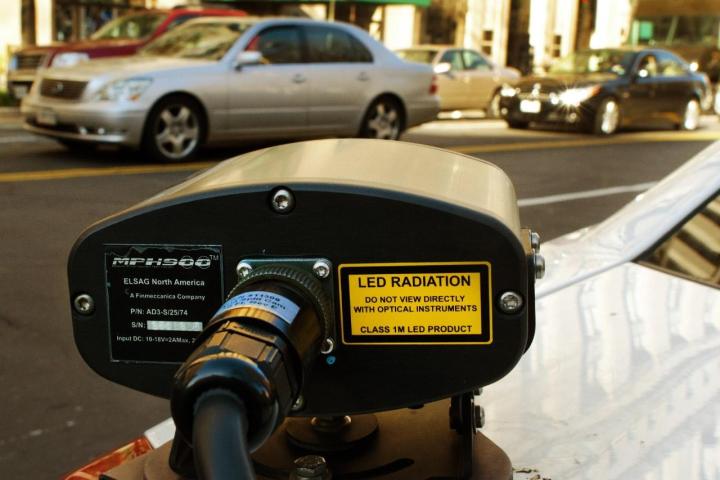
Private citizens raising these questions isn’t anything new, but according Internal FBI documents that have made their way to the American Civil Liberties Union, even officials in the bureau wondered if it’s behaving responsibly with the data.
The main concern is that the automatic license plate readers rapidly collect the data of all the drivers in the area. Spread enough of these around, and a fairly clear picture of where drivers spend most of their time is revealed. It’s sort of like following tens of thousands of people at a time and jotting down their whereabouts.

The FBI’s Video Surveillance Unit (VSU) lends out its fleet of readers to local field offices for crime investigations, but there’s little regulation as to how the readers are used. While intended to track the behavior of criminal suspects, there’s nothing stopping the FBI from just following down specific groups for the heck of it.
When we say “little regulation,” it’s because we don’t know what the specifics are. The ACLU-acquired documents reveal that the FBI stopped purchasing the plate readers temporarily because its Office of General Counsel was “wrestling with LPR privacy issues.”
The documents reveal that there has since been some regulatory policy in place, but there’s little to no transparency as to what that is. While its good that the Bureau are at least acknowledging the issue, groups like the ACLU feel we should know what the self-governing rules are so we can deem them sufficient, as well as legislate how long the collected data is retained.
Like all the other stories of our digital lives being monitored and tucked away somewhere, this is equally as scary, but its fortunate that groups like the ACLU are here to remind us that our voice determines whether we accept these things or not.


